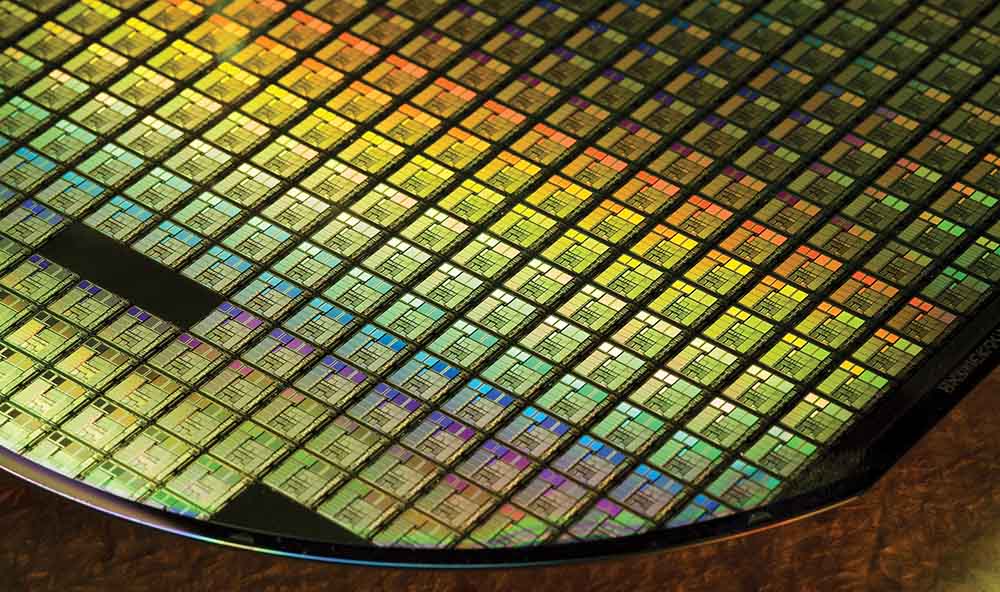The M2 Pro and M2 Max are mass produced utilising TSMC’s 3nm technology, according to a report from Commercial Times, which supports earlier allegations. Better performance and increased economy would not be anticipated from these MacBook Pro custom chipset, as it was previously claimed that the Taiwanese chip giant would employ its 5nm design instead. Fortunately, when the newest models are formally unveiled in early November, we should profit from using a cutting-edge architecture. In addition, the report claims that the M2 Pro will include a 10-core CPU and a 20-core GPU and go by the codename Rhodes Chop. The M2 Max, code-named Rhodes 1C, is said to be the most potent of the two and will reportedly include up to a 12-core CPU and 38-core GPU. According to reports, TSMC is working against the clock to complete orders for Apple for the M2 Ultra and M2 Extreme. According to reports, the M2 Ultra, code-named Rhodes 2C, will have twice as many CPU and GPU cores as the M2 Max. The M2 Extreme, which is potentially Apple’s most potent bespoke silicon to date and is most likely to be used in the Mac Pro, was previously covered by us. A 24-core CPU and 76-core GPU should be available in one configuration, with 48 CPU cores and 152 GPU cores available in the top-end model. No Order fulfilment for TSMC may provide a number of difficulties given the hurdles associated with producing 3nm wafers. The M2 Pro and M2 Max MacBook Pro models may not be widely accessible to customers as a result of this uphill battle. Beginning in 2023, when more customers will start placing orders for TSMC’s 3nm node, supply conditions may improve as the manufacturer will have resolved the majority of the challenges associated with scaling up wafer production using a next-generation process. We’re looking forward to testing the M2 Pro and M2 Max soon to see what enhancements Apple makes.

